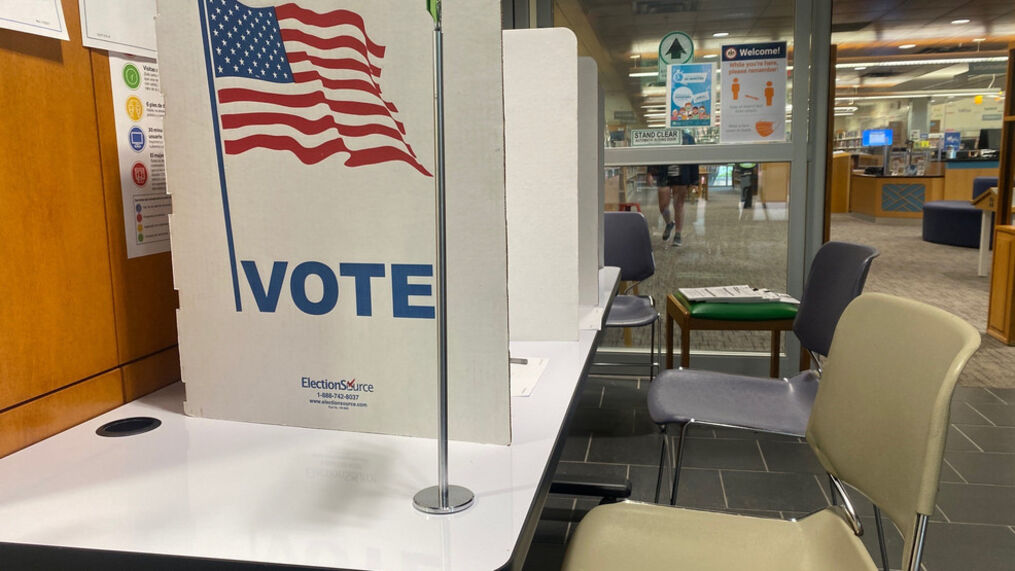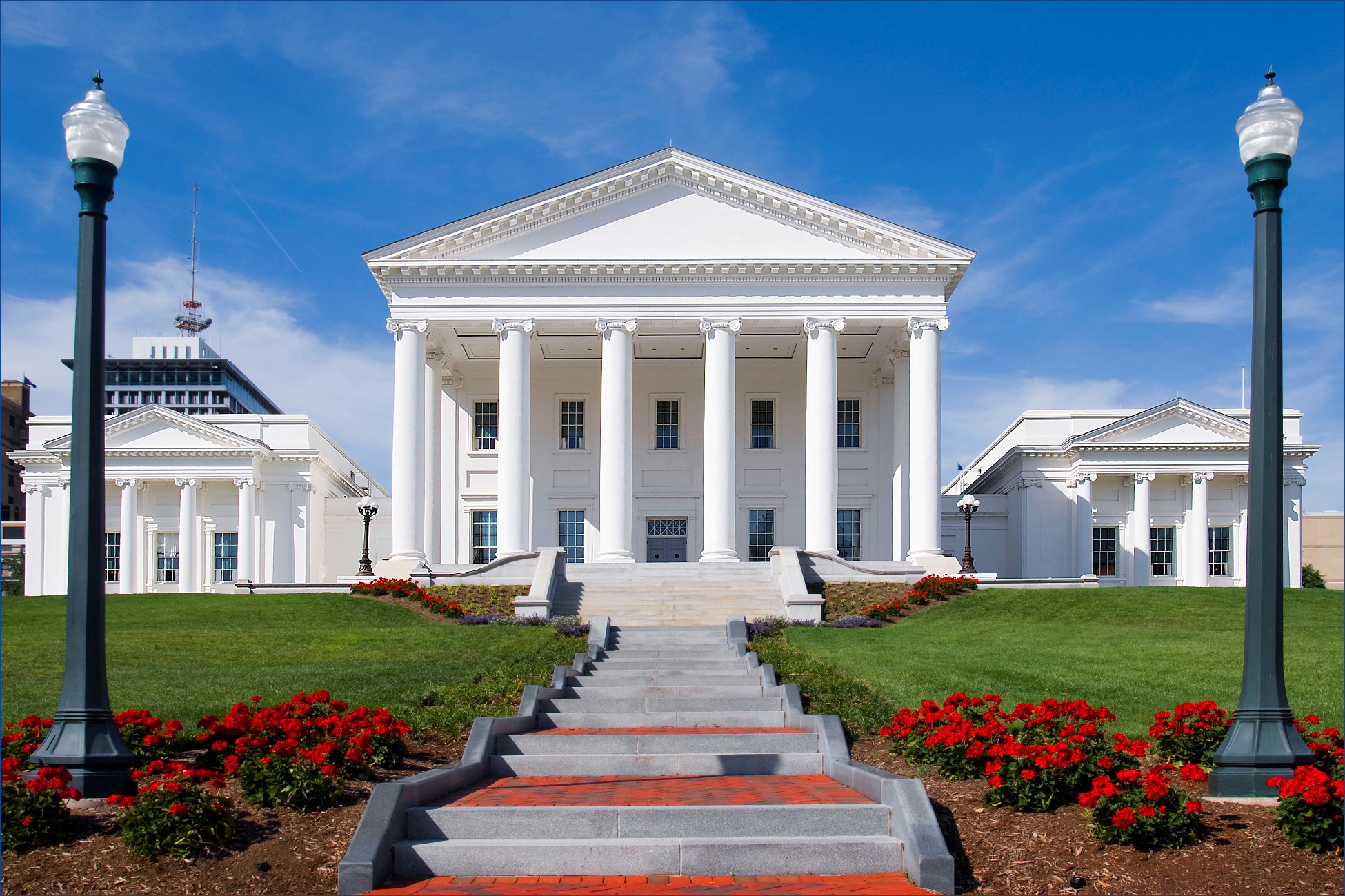Virginia bans private funds for election offices after grants from Zuckerberg-allied group
Youngkin signs law that drew bipartisan General Assembly backing
Election offices in Virginia will no longer be able to accept private grant money under a new law passed in response to a $3.7 million infusion local election administrators got in 2020 from a nonprofit funded partly by Facebook co-founder Mark Zuckerberg.
The grants from the Center for Tech and Civic Life, which says it seeks to “harness the promise of technology to modernize the American voting experience,” were cited by lawmakers pushing to restrict the use of private money in government-run elections.
In the thick of the COVID-19 pandemic, CTCL announced it was making grant funding available to help local officials conduct safe elections under 2020’s extraordinary circumstances. The Zuckerberg tie prompted a multi-state backlash from conservatives, who used the term “Zuck Bucks” to denounce what they claimed was a billionaire’s shadowy effort to swing election outcomes. But the group insisted its efforts were non-partisan, and documentation for some Virginia grants indicates local officials often used the money for seemingly innocuous, apolitical functions, like extra cleaning or additional resources to handle an unanticipated surge of mail-in ballots.
The law banning the practice passed the Republican-led House of Delegates along party lines. But the Democratic-controlled Senate also approved it unanimously after additional guardrails were added to avoid inhibiting more routine election activity like third-party voter registration drives or federal government grants that might involve private funding sources. The bill also includes a specific exemption allowing privately owned buildings to be used as polling places without running afoul of the new law.
Gov. Glenn Youngkin, who campaigned on “election integrity” themes last year, signed the bill last month. The law takes effect July 1.
In the run-up to the 2020 election, Zuckerberg and his wife, Priscilla Chan, announced contributions of $350 million to CTCL to be redistributed to local offices to assist with the country’s election infrastructure and voting process.
Some Democrats pushed back against what they felt was a conspiratorial tone to some of the discussion about the bill.
Local election offices had to apply to receive grant funding from CTCL, and the applications had to specify what need the money would go toward.
In light of that, Del. Candi Mundon King, D-Prince William, said at the hearing, the grant program’s critics were wrongly accusing local election offices of being involved in something “nefarious.”
“It is clear to me that Virginia has had safe and secure elections, including the lockboxes and early voting,” Mundon King said. “I just feel that this is an answer in search of a problem.”
Twenty-four of the 38 Virginia cities and counties that got CTLC grant funding in 2020 voted for former President Donald Trump, while 14 went for President Joe Biden. Democratic-leaning counties got the biggest grants, but Democrats in the General Assembly said that’s likely a reflection of the fact that those election offices in places like Fairfax County and Prince William County have the most voters to serve.
(Editor’s Note: This article was edited and republished with permission by the Virginia Mercury.)



